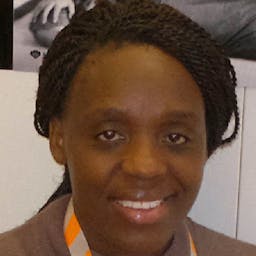Creating safe spaces on and offline for young women in Zimbabwe
Apr 6, 2020
Story
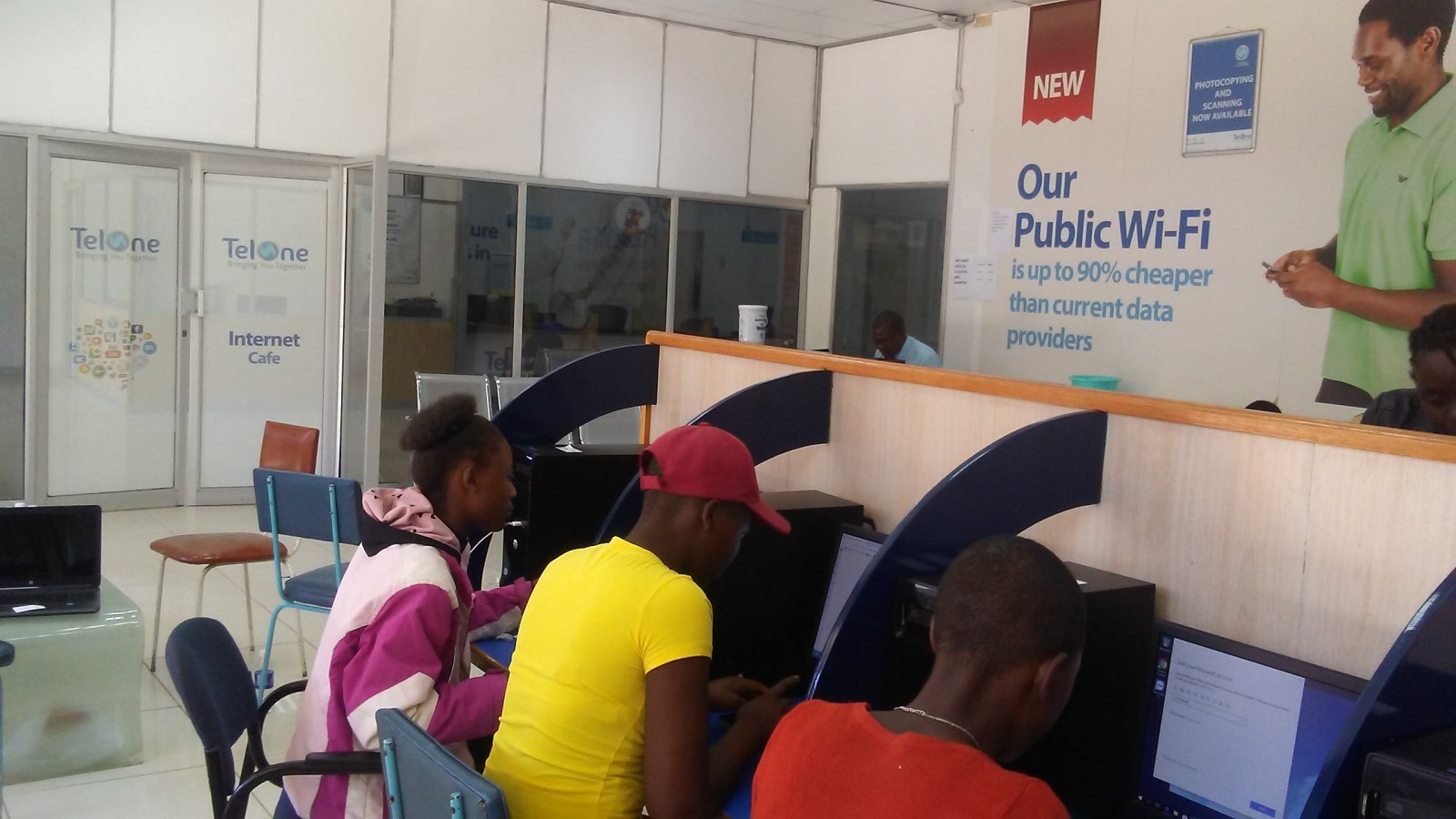
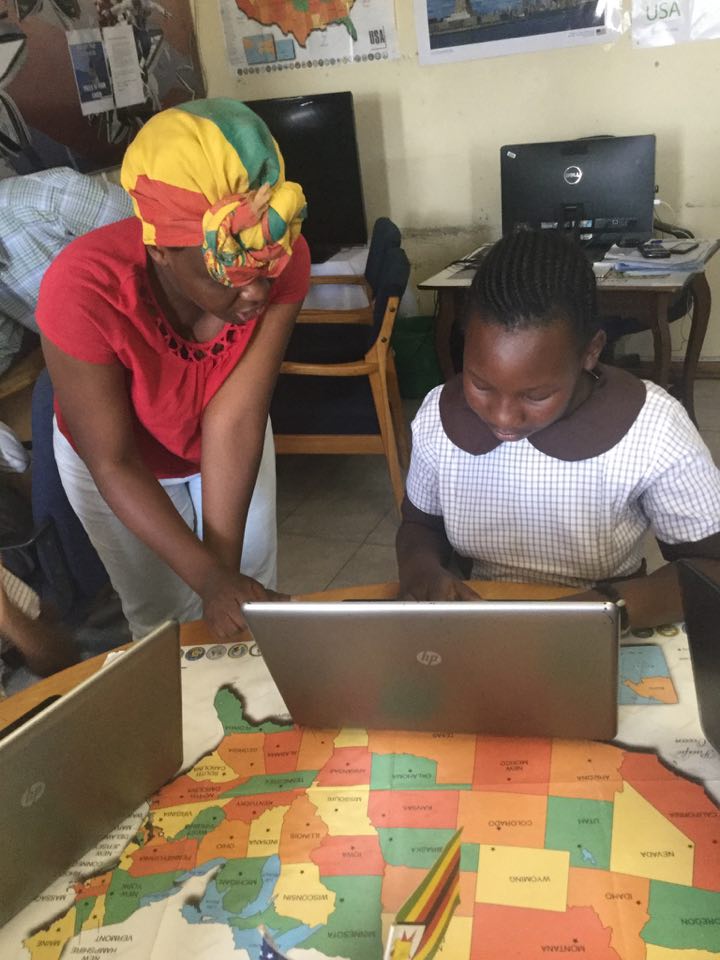
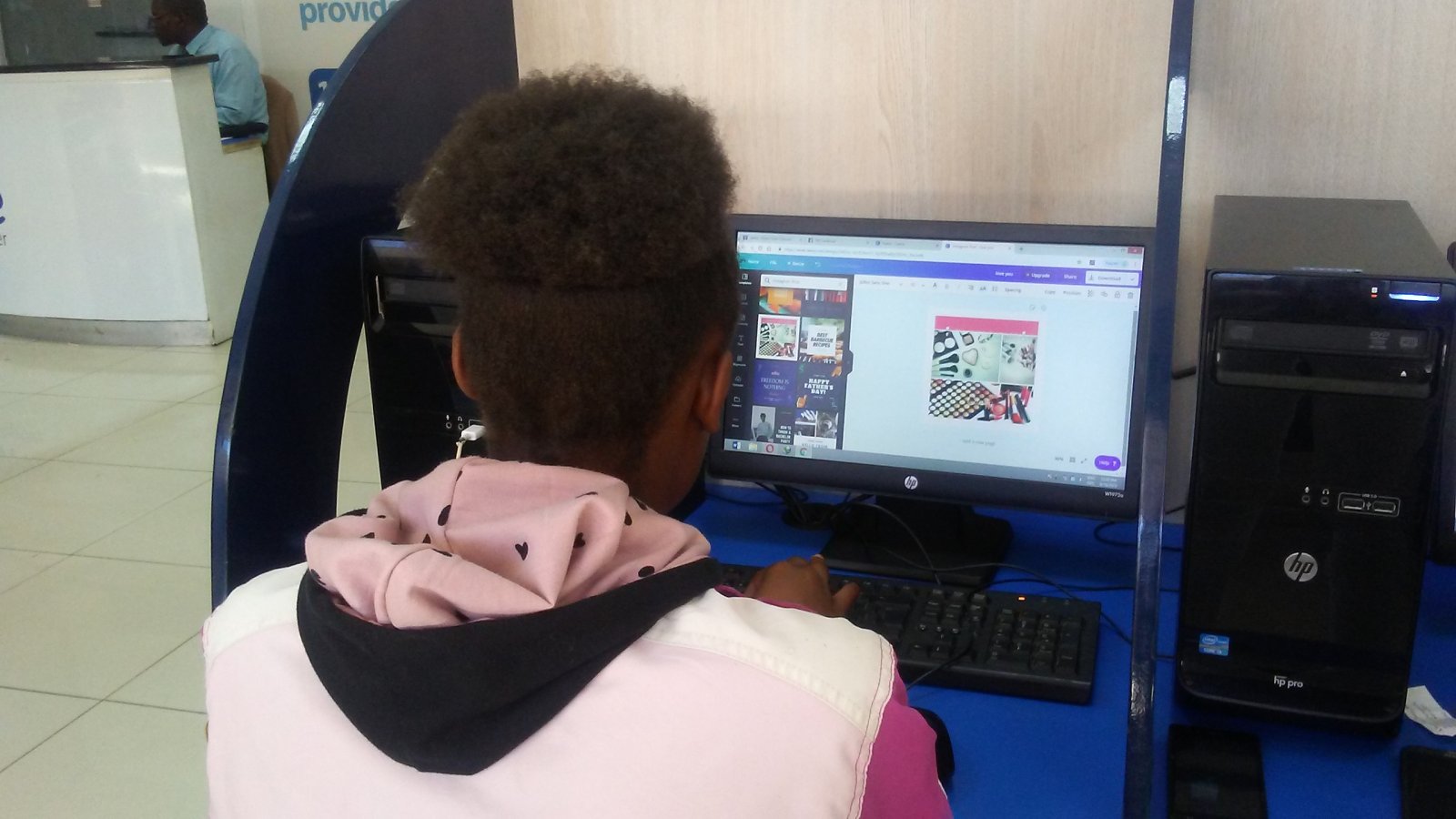
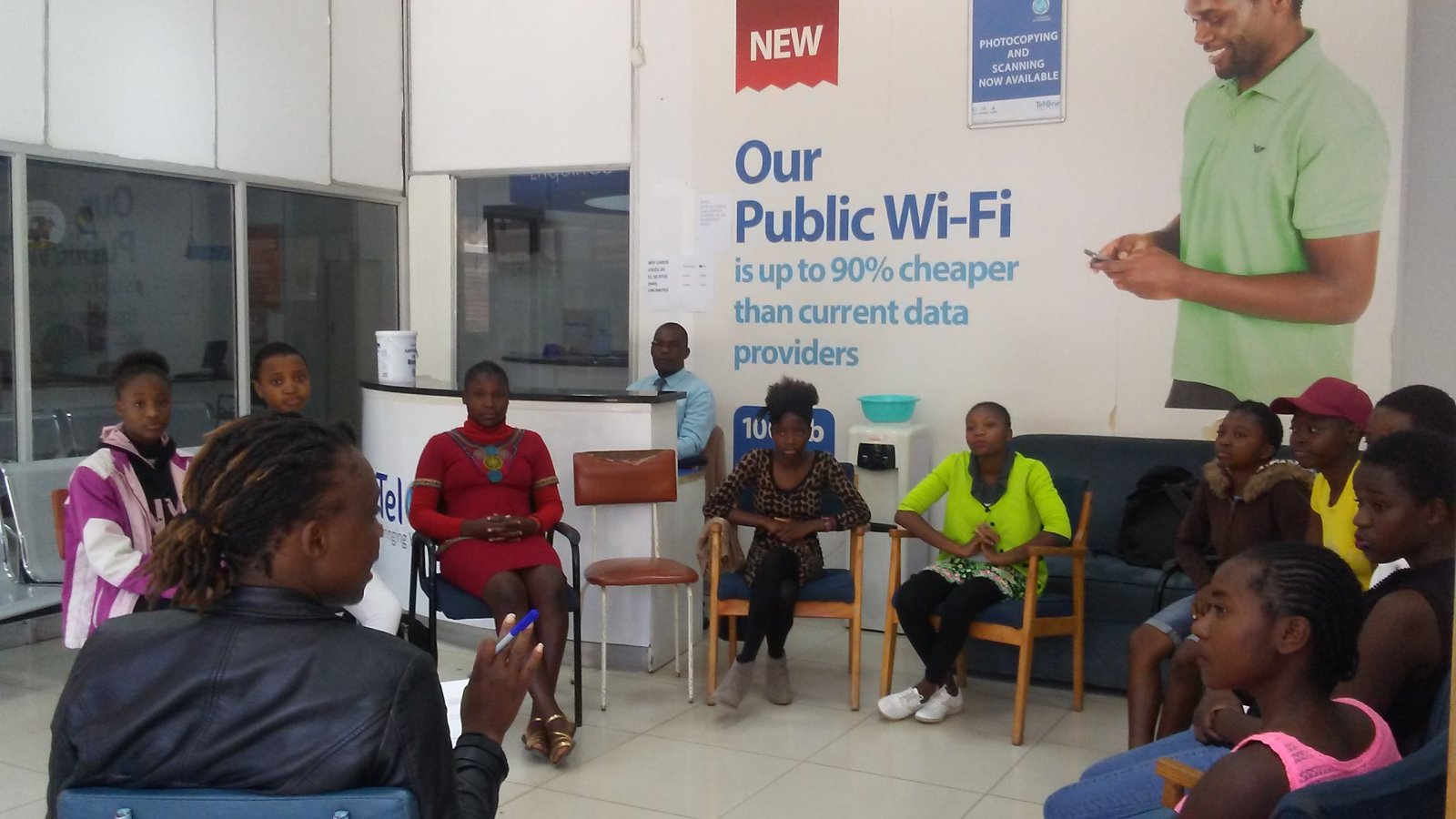

Every woman who grew up in Zimbabwe probably has fond memories of playing Pada. Pada is the Shona name for the game Hopscotch. When I was growing up this game helped build my community, it provided a space for me and my sisterhood to come together and for that time to own our world. We celebrated our achievements through this game, a cap in the form of a square that was called your "house". In 2018 when we decided to create a digital literacy platform it was only natural for us to call it Pada, after the game that created space the way we hope to do for young women through technology. The name represents all what we gained from playing the game growing up. It is was our own way of claiming space by drawing on the ground as a way of marking our territory for the day. It also improved our agility as it meant we had to jump from one box to another.
The work we do with young women and girls and designed to create safe spaces for women and girls on and offline, provide them skills that will facilitate their participation in a the global world, to amplify their voices using ICT platforms as well as to promote safe spaces for them by leveraging tech.
We conduct digital literacy training for young women and girls aged 14 -23 who come from under-served communities in Zimbabwe. Trainings include basic computer , information literacy and social media training. We also conduct workshops on staying safe online as well as on how to use technology to build campaigns. In addition we have started two coding classes for girls. The platform is also a member of the Internet Society and in the Zimbabwean chapter we are working on improving access to the internet for women as one way to address the gender technology gap.
In May we are planning the “What it techs for her to Participate Campaign” across Zimbabwe. This will be in partnership with ZimGirlsCode. We will conduct 5 trainings on web development with at least out of school young women as a way of encouraging them to become tech-preneurs.
Our proposed future work includes conducting mobile journalism training so that the young women can use video storytelling telling to amplify their voices. We also want hold hackathons where young women studying computer science can come together with the girls we are training as well as young women human rights defenders to create apps that can increase the safety of young women. We also want to conduct workshops for women human rights defenders on how they can make use of crowd mapping to create evidence for gender based violence by mapping incidents.
Long term plans include the set-up of a women’s hub in partnership with an organisation championing women’s economic justice. Our plan for the hub is to set up a well-equipped digital lab to service women from Harare South were most poor communities in the city are located. This hub will make it possible for us to have a permanent space but mobile workshops will not stop.
The importance of digital platforms for young women has been highlighted in the current crisis. Restrictions mean that space engagement has been lost as we all stay at home to control the spread of Covid-19. Pada Platform is currently conducting daily digital dialogues with the young women who are part of its programs. Subjects include social services delivery, gender based violence and economic empowerment. These allows the young women to engage as well as to stay connected through the difficult time.
- How many people will be impacted by your work?
To date our work has impacted about to 180 people directly through trainings. Out of the 180, 145 are women. So far 30 girls are member are currently going through a long term curriculum. Indirectly we have reached up to 2000 young people through participation at events.
The digital dialogue platforms reach up to 25 young women a week.
In 2020 with access to required resources and relevant partnerships we aim to impact at least a 1000 young women directly.
- What do you need to reach your goal?
To reach our goal we need to secure partnerships with relevant corporates and development partner. This will only be possible through getting visibility for the project. We want to grow our online engagement through effective digital marketing. We also need the visibility so that we can partner more with other women’s organisations.
The project also needs resource people and volunteers with advanced IT skills as currently we cannot pay a permanent staff to conduct the work. We also need organisations and individuals who can donate new and used computers since we target young women who have very limited access to resources.
- What successes have you had?
In 2018 we won the “Women Rising Award” for the start-up making the best use of technology to improve the lives of women.
In 2019 we partnered with a local telecommunications company, TelOne Zimbabwe to conduct a digital literacy class for 20 girls aged between 15 and 18 on the Day of the African Child. Out of these girls 14 had never used a computer before.
We were also invited First Capital Bank to be part of the Global Money Week were we conducted training for 2000 students from Harare in programming 101 and a session in Scratch programming.
We have also initiated a program called projectsafe.ZW were we have managed to conduct two trainings with 10 girls on how they can use technology to advocate for safe spaces. The girls received internet training and managed to open email, facebook and twitter accounts. Currently these girls are part of the Pada Platform digital dialoguing Whatsapp platforms were they share ideas and experiences about sexual harassment and other forms of violence. We use the platform to post tips on online safety to the girls. We hope to grow this platform to accommodate up to 50 girls and utilise it for online training.
During Africa Code Week in 2019 a major achievement was our partnership with a rural teacher’s union to conduct introduction to coding to high school students in a rural province in Zimbabwe. We reached rural learners directly and the teachers set up digital clubs as a result of the training.
website - https://padaplatform.wixsite.com/thepadaplatform
